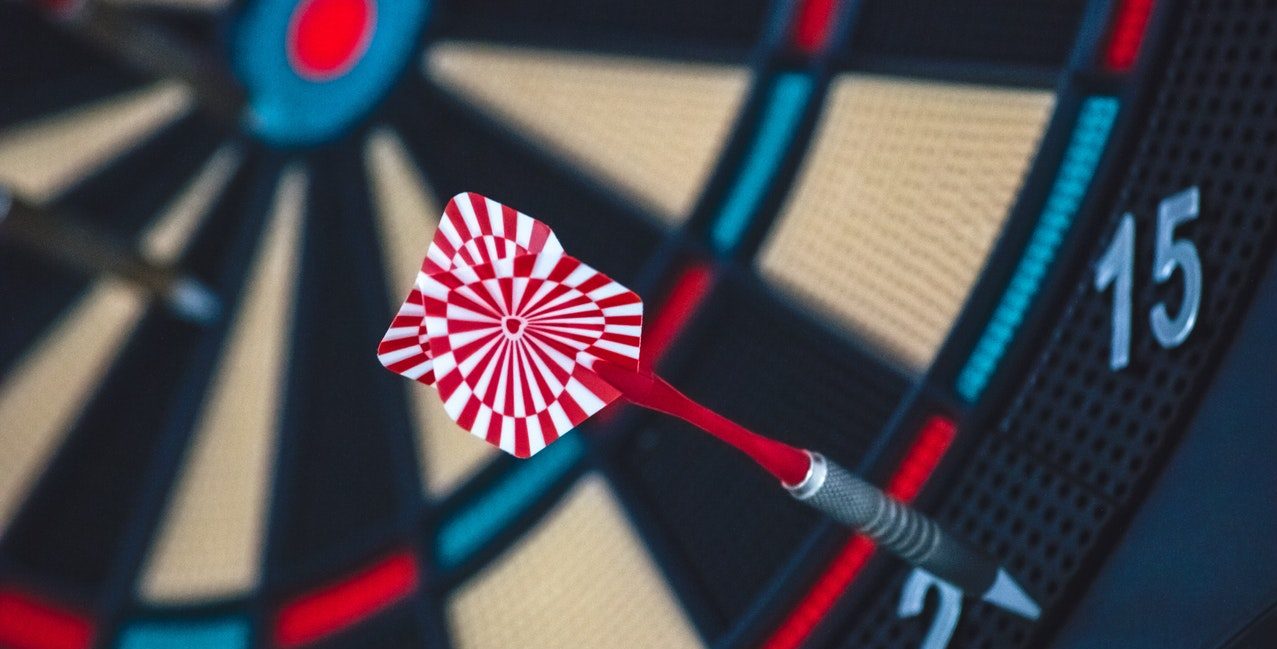
22 Mar BE IN THE BEST POSITION FOR YOUR DEPOSITION
– By Armando Ezquerra Hasbun © 2017
Depositions can be grueling. Sometimes we deal with hostile parties, long hours without back up, complex subject matters… often made worse by the unwillingness to advance or share information about the case based on the mistaken belief that we are living dictionaries, ready and able to offer a rendition on any technical or arcane topic without preparing beforehand.
But even in this extreme situation there is a way to help you carry out your difficult task every time: realizing that court reporters are our best ally and finding the way to position yourself next to them so that you both can help each other do you jobs better.
Whether you are a traditionalist steeped in accurate note-taking as a way to reconstruct questions and answers for your rendition, or you adhere to the Consecutaneous, that is the practice of rendering questions in English in the simultaneous while interpreting responses into English in the true consecutive mode, you will benefit from sitting next to the court reporter and across from the deponents every time.
What are some of the advantages of being seated precisely that way?
1. You can catch a glance of the court reporter computer screen as s/he types up the utterances in English, including names, addresses, places, amounts, dates and other details which you need not take down anymore. In essence, you perform that part of your task as if you were performing a sight translation, with the added advantage of having all the information visually accessible effortlessly on your part, because it is our colleague who has been accurately taking it down.
2. By sitting across from the deponents, you can look at them directly and therefore you can have a better sense of whether they understood something or not, whether there are nuances in their responses indicated by facial expressions or gestures. Seated across from them, they can also see if you are struggling with a lengthy response and perhaps realize, that they need to pause in order for you to proceed. If the deposition is being video recorded, sitting across from the deponents will ensure your visage is not in the camera’s path, enabling you to do your job without an added stressor.
3. In return for the privilege of having visual access to the information taken down by the court reporter, you can spell out foreign names for them in writing so that this is a win-win situation for them as well.
How do you educate attorneys and others about the need to be seated in this particular arrangement?
By remembering that in that room, you are the language expert and you know better about the technical aspects of your work. And this is one of them: if you politely and firmly explain the need for you to be seated in such a way, you’re unlikely to be denied and you will find it much easier to last longer and be more accurate because you’ll be half as tired as you would be otherwise.
Have you tried this strategy already? How do you feel about it?
 Armando is a federally-certified court interpreter, a certified trainer for the nationally recognized Bridging the Gap medical interpreter training program, an adjunct professor of interpretation at La Salle University, conference interpreter, grader, lecturer, and consultant in the industry as a Subject Matter Expert. He has spoken at many industry associations to present on the topic of medical interpreting, including the Society for Healthcare Consumer Advocacy (SHCA), the International Medical Interpreters Association (IMIA), and the Texas Association of Healthcare Interpreters and Translators (TAHIT). Armando holds degrees in Psychology, International Studies and Spanish Language and Literature. He has been published on various topics of interest to the language services profession and, as a recognized thought leader in the industry, is often engaged as a speaker.
Armando is a federally-certified court interpreter, a certified trainer for the nationally recognized Bridging the Gap medical interpreter training program, an adjunct professor of interpretation at La Salle University, conference interpreter, grader, lecturer, and consultant in the industry as a Subject Matter Expert. He has spoken at many industry associations to present on the topic of medical interpreting, including the Society for Healthcare Consumer Advocacy (SHCA), the International Medical Interpreters Association (IMIA), and the Texas Association of Healthcare Interpreters and Translators (TAHIT). Armando holds degrees in Psychology, International Studies and Spanish Language and Literature. He has been published on various topics of interest to the language services profession and, as a recognized thought leader in the industry, is often engaged as a speaker.

Thank you very much for the tips! I invariably insist (politely) on sitting next to the Court Reporter and as a rule, I request a copy of the complaint once I have accepted the assignment. In my experience, Attorneys are only too happy to share that information, agencies are a different matter altogether: I often find myself explaining (with an example to illustrate my point) why it is in the benefit of all parties involved for the Language Expert to be able to prepare prior to the deposition and render a smooth interpretation.
I too always sit next to the court reporter. However, for hearing better I put the deponent right next to me. I find that hearing is more difficult in my second language than my first, especially if there is some mumbling going on. But I am glad you mentioned video recording. I think being out of the line of site of the camera would take away an extra stressor. Thank you.
When I walk into a deposition, I take on the attitude of being in charge, as if this were my party. I realize my energy, my attitude and my knowledge will put others at ease, I don’t ask, I inform the others of where I need to sit, I don’t ask. So far, I have not received any pushback from anyone, so it must be a good strategy. My first move is always to ally myself with the court reporter. Sadly, not all court interpreters have a screen.
Sigh… I used to do good depos but. as I got older, I started using the Subcutaneous Mode and people looked at me like I was getting under their skin. Annnnd… drumroll.
Thank you, Armando. Great article. The hardest depositions are those videotaped, deep pocket civil lawsuit ones that drag on forever and are technical or financial, with a bilingual rapacious defendant attorney bent on sabotaging the depo from the get-go. They’ll be all assertive-like, telling you, “Mr. Interpreter, you sit over here,” and point at the seat that makes the least sense, and the moment you start to explain to them that you would rather be next to the court reporter. they get all huffing and puffing about their need to be next, or in front of their client, and ordering people around so everybody understands they’re the Alpha dog and you are the last on the seat-selection pecking order, or on any other aspect for that matter. I just get there early and sit down next to the steno machine, pull out two note pads, 2 pens, a dictionary, the copy of the notice, a bottle of Aquafina, and put it all on the table. Then I go get a coffee and sit down humming a psychotic version of “Killing Me Softly,” over and over again. All this under the assumption they will think I’m some sort of dangerous savant. They stay out of my way and everything goes well. Heheheh. Like with any profession, I think we just have to love what we do, be grateful for the opportunity to do it, and when we run into these types of barriers, learn from our mistakes but, most importantly, if you have to sit elsewhere. just grin and bear it. Some lawyers are just invincibly combative from the start and they’re looking for you to open up a can of worms by challenging them. Gotta be a good judge of character where the attorneys are concerned. Last thing you want to do is spend 6 to 8 hours in a room with someone bent on making your job impossible and your life a living hell by objecting when every time you breathe.
Thank you very much for the information. I had the opportunity to work with a court reporter that gave me and the other attorneys in the conference room a tablet so We could see what she was typing and make sure we all had access to what she was recording. It was the most stress free deposition I have done. And I thank her for it.
I will try sitting across from the client.
Thanks again!